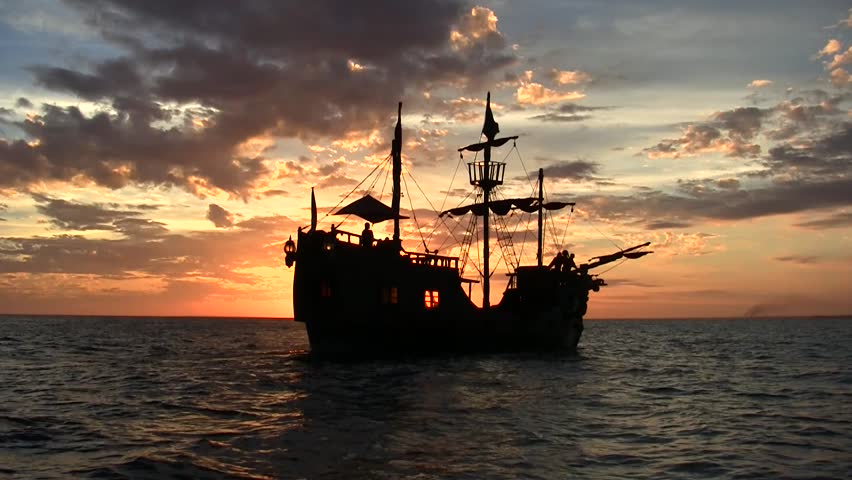Smuggling is one of the biggest risks after Brexit if Britain and the European Union fail to find a border solution for Ireland.
Price differentials will create opportunities for criminal gangs to exploit, MPs sitting on Parliament’s Brexit committee has heard.
And one of the largest money earners illicitly crossing the border is washing powder.
The committee was told three main price differentials currently exist between Northern Ireland and Eire – alcohol, tobacco and fuel.
“Once Britain leaves the EU there could be many more,” said Declan Billington, vice chairman of the Northern Ireland Food and Drink Association.
Price of garlic
“If you create 30 product groups you will create a much larger set of opportunities. The bigger the opportunities the more players that move into the market.“
But a free-to-cross border may open the floodgates as criminals move in to land goods in Eire, repackage them and send them on to Britain through Northern Ireland.
“If we have a border with tariff differentials, then you can see, for example, cheap meat coming in from Brazil would be repackaged. Remember Horsegate? It would be passed off as Irish into the market at a higher price and I don’t think those people would be too concerned about food hygiene standards,” said Billington.
The MPs were also told the open border between Norway and Sweden created a similar problem with the price of garlic.
Profits from motor fuel scam
“It’s got to the point now that the launderers are now making so much money that they are now exporting laundered diesel to [Britain] and those drums of diesel are being shipped un-manifested on ferries, so there’s a whole risk issue there too,” said Seamus Leheny, policy director of the Freight Transport Association.
It was estimated the UK exchequer was losing between £250 million and £350 million a year and half the filling stations in Northern Ireland were selling their washed product.
Recycling agricultural fuel as motor fuel gives smugglers huge profits – they can buy at 70p a litre but sell for almost twice as much through a petrol station.
